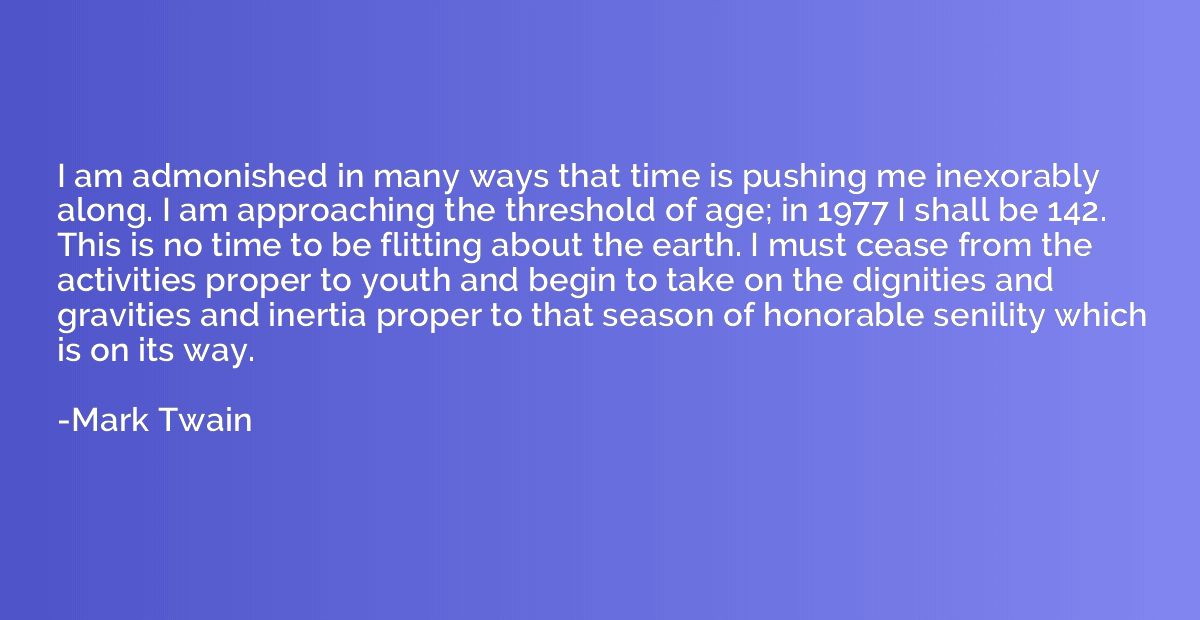Quote by Susan M. Watkins
I think that wherever your journey takes you, there are new gods waiting there, with divine patience -- and laughter.

Summary
This quote suggests that no matter where one is headed in life, there will always be new experiences, challenges, and opportunities waiting to be discovered. These "new gods" represent the unknown and the forces that shape our destinies. They possess "divine patience," implying that these experiences will unfold in their own time and cannot be rushed. The mention of laughter highlights the element of unpredictability and joy that accompanies these encounters. Overall, the quote encourages embracing the unexpected and finding humor in life's twists and turns.














